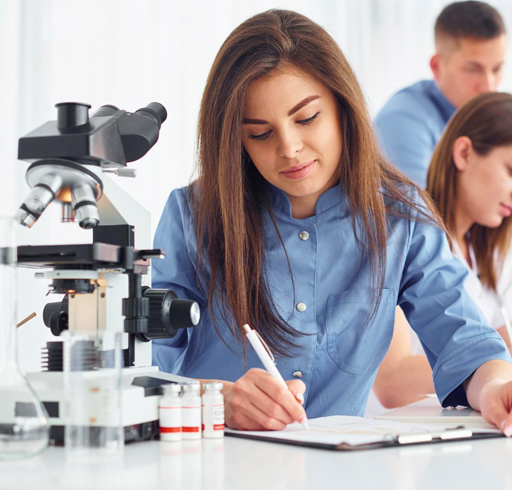The Department of Pharmaceutical Regulatory Affairs is committed to nurturing professionals who can effectively manage the complex global regulatory environment governing the development, manufacturing, and marketing of pharmaceutical products. The M. Pharm in Pharmaceutical Regulatory Affairs, approved by the Pharmacy Council of India (PCI), blends scientific knowledge with practical regulatory expertise to produce industry-ready professionals.
Curriculum Highlights:
The curriculum is designed to provide a comprehensive understanding of:
National and international drug regulatory frameworks (CDSCO, USFDA, EMA, MHRA, WHO, etc.).
Pharmaceutical legislation, intellectual property rights, and patent filing procedures.
Good Manufacturing Practices (GMP), Good Clinical Practices (GCP), and Good Laboratory Practices (GLP).
Preparation of regulatory dossiers as per CTD and eCTD formats.
Regulation of biopharmaceuticals, cosmetics, medical devices, and nutraceuticals.
This blend of theoretical and applied learning enables students to understand the entire
drug approval and life-cycle management process, from research to post-marketing surveillance.
Practical Exposure:
Students are exposed to:
Hands-on training in regulatory documentation and submission procedures.
Seminars and guest lectures by industry experts and regulatory officers.
Industrial visits and internships at pharmaceutical manufacturing units and CROs.
Research projects on emerging global regulatory trends.
This practical training strengthens their analytical and documentation skills, making them industry competent.
Career Opportunities:
Graduates of this specialization can pursue careers in:
Regulatory Affairs Departments of national and multinational pharmaceutical companies.
Quality Assurance, Pharmacovigilance, Medical Writing, and Clinical Research Organizations (CROs).
Government agencies such as CDSCO and State Drug Control Departments.
Regulatory consulting and
product registration services for global markets.
Their expertise is highly valued across industries for ensuring legal compliance, product safety, and international market access.
Future Scope:
With globalization of the pharmaceutical industry and continuous evolution of drug regulations, the demand for qualified and competent professionals in Regulatory Affairs is rapidly increasing. This specialization offers a promising future in academia, industry, and research — empowering graduates to play a crucial role in shaping the quality and safety standards of healthcare products worldwide.

 NEHRU COLLEGE OF PHARMACY
NEHRU COLLEGE OF PHARMACY